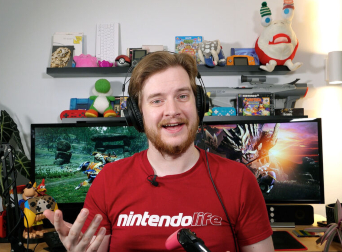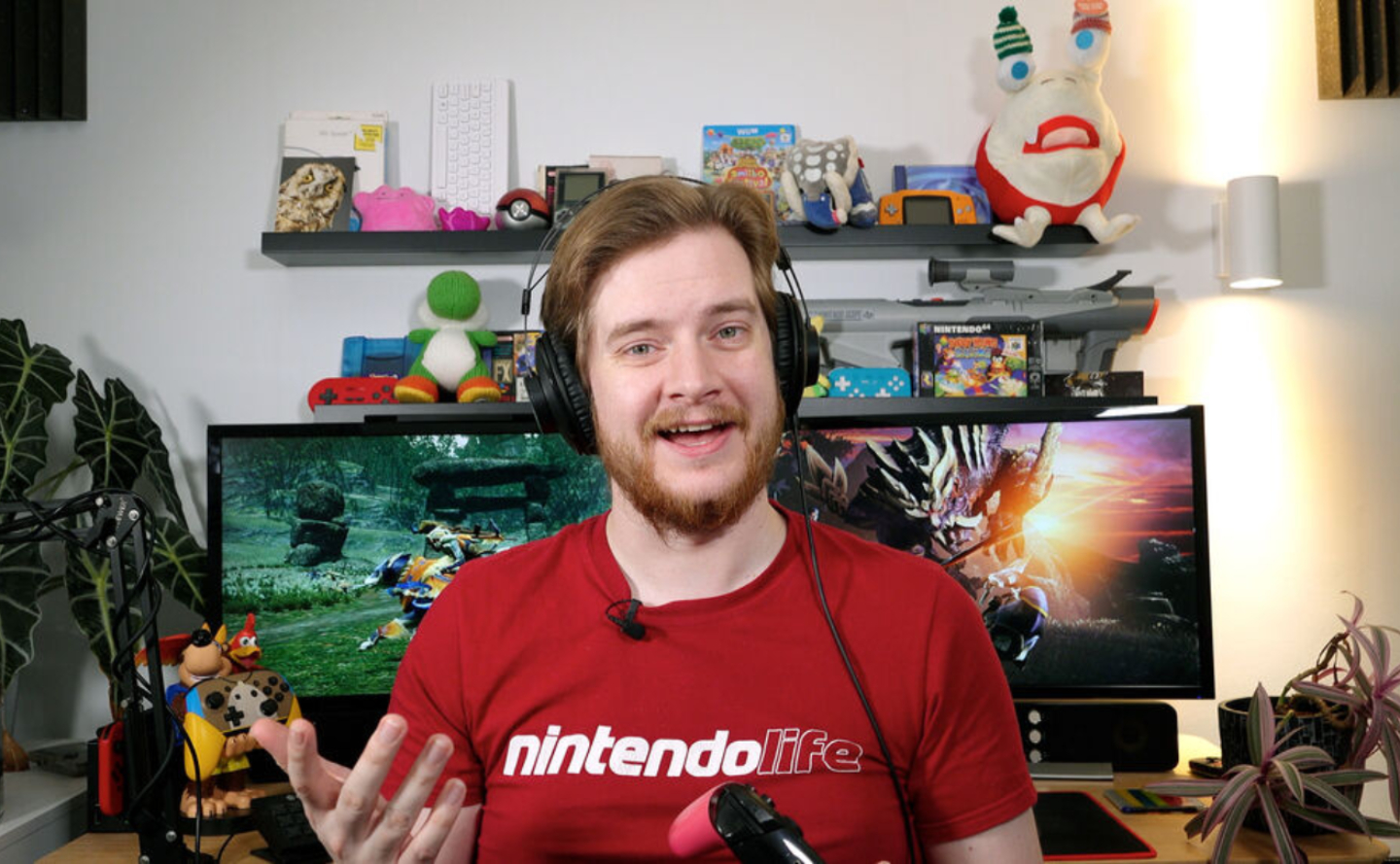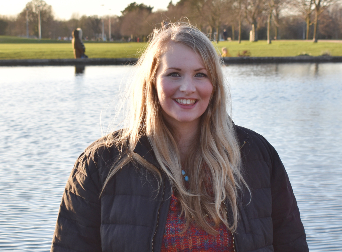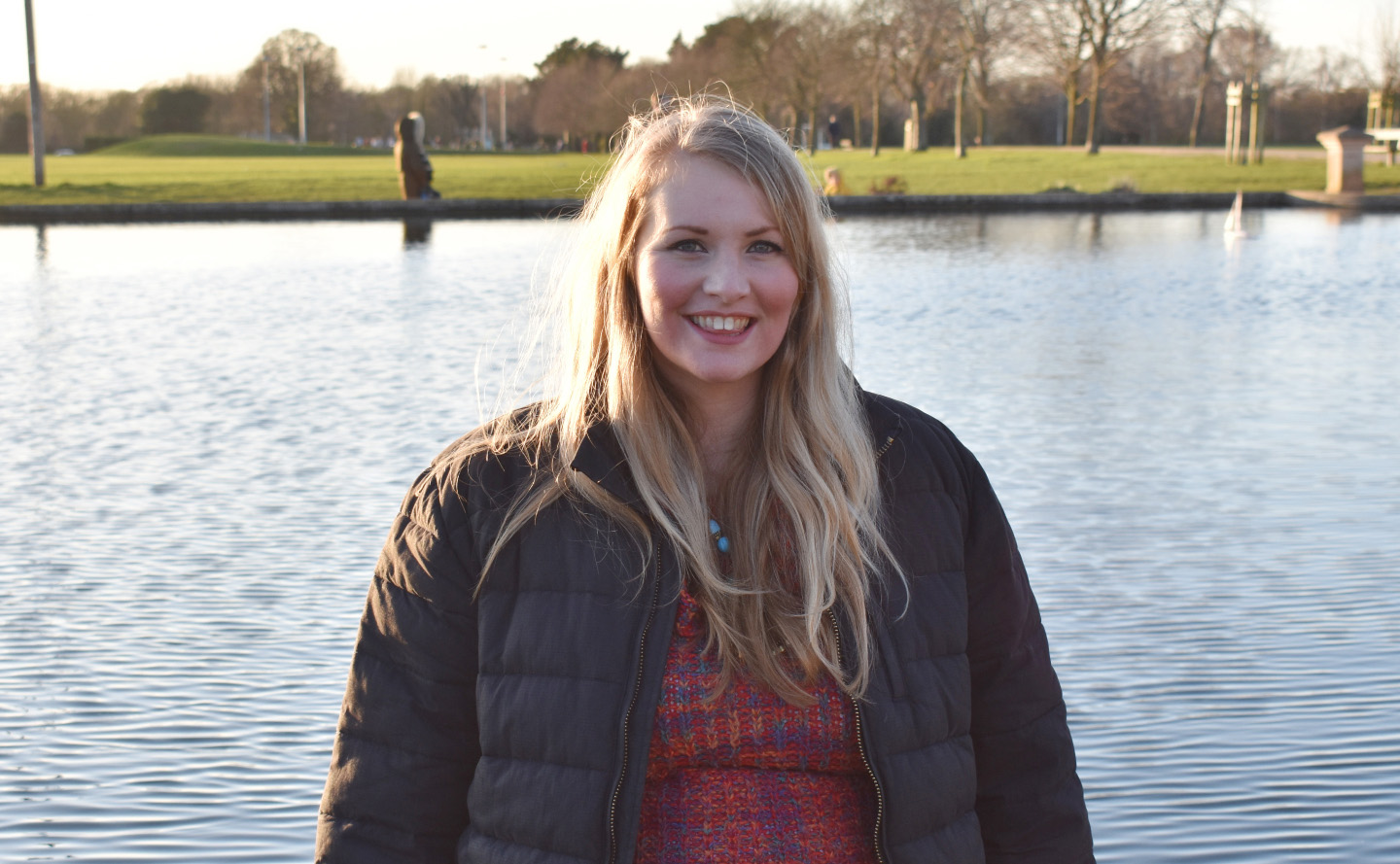BA (Hons) English Language and Journalism
Key information
-
Typical offer:
Entry requirements -
Fees: See below
Full details -
UCAS code: Q1P9
-
Institute code: H36
-
Study abroad option
-
Work placement option
Find out more
Why choose this course?
- no. 13 in the UK for English (2023 Guardian League Table)
- Build your own portfolio using a variety of platforms
- Join our vibrant student media club and write for BlueMoon magazine
All journalists use language to convey facts, emotions and stories. Linguists analyse texts to understand the meaning of language. That’s why this course offers a unique opportunity to study both together, enhancing your employability in fields such as in advertising or social media, where both disciplines will be useful.
Within English language, you’ll learn from lecturers who specialise in a wide variety of linguistic areas of study. This includes for example language and society, psycholinguistics and language and gender. The English language team will share their expert knowledge in the study of sound (phonetics) and language structure (grammar) which are the building blocks that make up human communication. You’ll learn to analyse real life data, transcripts and texts to understand the way we see the world. Many of the modules you can choose are optional so you can specialise in the areas you like most. You could take modules in Teaching English as a Foreign Language or use this chance to explore how language is used to solve crimes in forensic linguistics. Another exciting field is sociolinguistics. You’ll get to explore how people use language differently depending on the context they are in. Is there a difference between male and female language use? Learn about how people make judgements on people’s personalities based solely on their accents and dialects.
Our journalism team are highly experienced practitioners, who’ll help you develop the skills to produce work in different styles for different platforms such as radio and video and for different websites, magazines and news sites. You’ll produce a showcase of work on a variety of platforms from blogs to print and report on international stories and ones guided by your interests. Want to write on fashion? You can do that. Want to write on sport? No problem. Many students also develop their journalistic interests as they go through the course, often because they have learnt from our former students who come back to give talks about their own professional experience. You’ll learn how to source stories, write in different styles, work as a team member and have the opportunity to take up a work placement in journalism or related areas.
What's the course about?
In your first year, you’ll explore the diversity of use of the English language including regional variants, language and ethnicity, and slang and street English. In journalism, you’ll be introduced to three key skills—research, writing and interviewing over several different platforms and think about the ethical dilemma journalists face every day.
In your second year, core modules in English language focus on grammar and the sounds of English. You can explore theories of how and why language developed and study language-related real-life problems such as plagiarism and crime investigation in forensic linguistics. You’ll also have the opportunity to find a news story, create your own magazine, make a radio broadcast and learn about the part journalists played in discovering major scandals or covering the growth of social movements such as Black Lives Matter.
Work placement/study abroad option: Between your second and final year, you’ll have the option to study abroad or do a work placement for up to a year. Not only will this give you an amazing experience to talk about but will also give your CV a boost. If you’d rather go straight to your final year, that’s fine too. You’ll decide in your second year with us, so there is still plenty of time to think about this.
In your final year, you can follow modules in different topics, including child language and communication, clinical linguistics, gender and language, and formulaic language, informed by our academics’ own research specialisms. In journalism, you will have the opportunity of doing work experience within journalism or a related field, studying international reporting, creating your own journalistic website, and building a journalism portfolio or creating your own freelance or media business, based on your interests. You will create studio presentations and meet industry practitioners through our series of talks by people working in the communications industry, some of whom are former graduates of UH.
Guest speakers and networking (Media Matters and Creative Conversations)
Each year the School of Humanities hosts a range of industry professionals, giving talks on their experience in the media and publishing industry. These lectures are recorded by our final-year students and available on our Taster Hub. Some of our previous speakers have included:
- Andrea Thompson, editor in chief of Marie Claire
- Richard Keith, Journalist for Edge Magazine and Publisher, PCGamer
- Georgina Lawton of online ezine Gal-Dem for women and non-binary people of colour
- Damian Barr, writer, literary editor and TV host
- Steve Swann, investigative journalist, BBC
For a full list of modules, see the section under ‘What will I study?’
Applying for this course is easy. Simply add us to your UCAS account by using the institution and course code mentioned in ‘Key information’. There is no interview for this course. We’re just interested to hear why you want to study this subject at degree level.
Your main campus is College Lane
This is where the creative arts, science and health-related subjects are based. This means you’ll share the campus with future nurses, scientists, artists and more. You can use the common rooms to relax with friends, work out in the 24-hour gym or have a drink in our on-campus pub or cafes. We also have restaurants for you to eat in or grab something on the go. Our Learning Resources Centres are open 24/7, which means you can study whenever suits you best. Want to pop over to the other campus? You can take the free shuttle bus or walk there in just 15 minutes.
What will I study?
Degree programmes are structured into levels, 4, 5 and 6. These correspond to your first, second and third/final year of study. Below you can see what modules you’ll be studying in each.
I had overwhelming support from my lecturers. Whenever I had interests that lay beyond the topics covered, they always gave me the freedom to explore those subjects and weave them into my coursework. This individuality has really helped me find out what I want to do in life.

Alumni Stories
Alex Olney
Meet Alex Olney who has applied his skills in communication to the gaming industry. He is currently a Senior Video Producer at Nintendo Life.
Read more stories Find out more about this course| Current job role | Senior Video Producer |
|---|---|
| Year of graduation | 2015 |
| Course of study | BA(Hons) English Language and Communication |

University experience
While not his first choice of university, Alex is grateful that he applied to the University of Hertfordshire through Clearing as whilst at the University he discovered and explored his passion for everything linguistic. This passion has had a profound impact on his life since graduating.
He says, ‘Studying a language gave me confidence and a deeper understanding of human and non-human communication and has allowed me to create a distinct idiolect that identifies me as a creator and, more importantly, entertains tens of thousands of people every day.’
He credits his success to the support he received from his lecturers who encouraged him throughout his studies: ‘The lecturers were not only well informed about the subject matter but had a genuine passion for language.’ He states that they pushed him to explore languages so much so that ‘it became a driving force in my everyday life.’
Alex also believes that the transferable skills he learnt while at the University have helped him throughout his professional life including time management. He states that he learnt effective time management skills to ensure that he never leaves projects and deadlines to the last minute and plans out in advance what is required.
The future
Alex really enjoys his current role at Nintendo Life as he likes the hands on nature of producing content but would eventually like to manage and become a head of the video editing department.

Alumni Stories
Kate Stephenson
Meet Kate Stephenson who has excelled in the publishing industry since graduating. She currently works as the Education Editor at National Geographic Kids magazine.
Read more stories BA (Hons) English Language and Media| Current job role | Education Editor |
|---|---|
| Year of graduation | 2013 |
| Course of study | BA (Hons) English Language and Communication with Journalism and Media Cultures |

University experience
Kate always knew that she wanted to work in the media and her unique degree gave her the flexibility to understand the logistics behind magazines as well as develop her writing and communication skills. The variety of topics and modules covered in her course enabled her to understand a lot about her dream career and enable her to develop valuable skills for working in the industry.
While studying, Kate took every opportunity offered to her. Her lecturers gave her opportunities to network with their colleagues for the industry enabling Kate to secure work experience and explore different career opportunities upon graduation.
She also worked as part of the Students’ Union student media, called Triden Media, writing regularly for their newspaper and magazine. Kate says, ‘Take advantage of every opportunity while it’s on offer and dive in as much as possible.’
The future
In the future, Kate hopes to further develop and grow the project she is working on at National Geographic and their educational content. One of her recent projects was launching their Primary School resource service by writing the curriculum.
